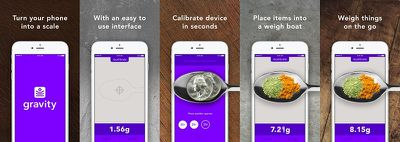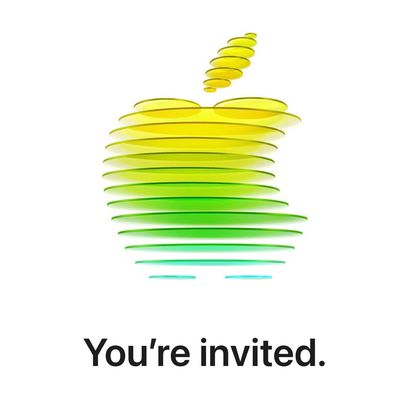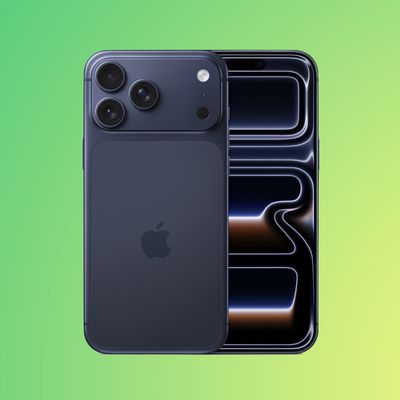App developer Ryan McLeod and a few of his friends have been working on a new application for the iPhone 6s and iPhone 6s Plus since the devices were announced in early September. Their app, dubbed Gravity, would harness the power of 3D Touch, letting users place a spoon onto the face of the iPhone and weigh the measurement of items like powders, drink mixes, and small fruit.
Once they got the new iPhones in their hands, the team working with McLeod began calibrating the sensitivity of the weight measurements with a few coins placed on a spoon. Following the launch of the iPhone 6s and 6s Plus, McLeod and his partners had the app finished in under four days, along with some basic marketing materials, and submitted it to Apple. They were rejected about a week later due to "having a misleading description," which they took to be confused with a handful of fake scale apps on the App Store (via The Verge).

Gravity unfortunately got rejected for having a misleading description and we immediately knew why: There are a couple dozen “scale” apps on the app store. The thing is that 80% of them are joke apps, “for entertainment purposes only” and the other 20% try to weigh things using the tilt of your iPhone once it’s been balanced on top of an inflated bag and calibrated using a single coin. Gravity was most likely confused with the prank apps and rejected for claiming it was a real working scale.
Setting out to clear any confusion, McLeod made a demonstration video of Gravity in action and filed an appeal to ensure Apple that the app was legitimate and not one of a handful of "joke" apps found on the App Store. In the end, McLeod was told over the phone by Apple that "the concept of a scale app was not appropriate for the App Store."
The developer weighed a few options for the possibility of Apple's rejection of the app. The first was the possibility of damage to the iPhone, which would be difficult for the average person since the API for Gravity (and 3D Touch) limits the weight accepted onto the iPhone to ~385g (0.85lbs), the app flashing a bright red light when exceeding that force. McLeod also suggests the app's advantageous use of 3D Touch is simply too early to be widely accepted, not to mention the possible negative connotation with drug use and measurement that could be associated with the app.
McLeod and his team said they have a "strong respect" for Apple's selection and rejection process on the App Store, but still remain positive that one day when 3D Touch apps become a bit more widespread, Gravity could be revisited as a potential candidate to "be one of the hand-picked, who-knew-a-phone-could-do-that-apps anyone can download on the App Store and have in their pocket." For now, he's back to working on the iOS puzzle game Blackbox.
Check out McLeod's entire post on the creation and rejection of Gravity on Medium.





















Top Rated Comments